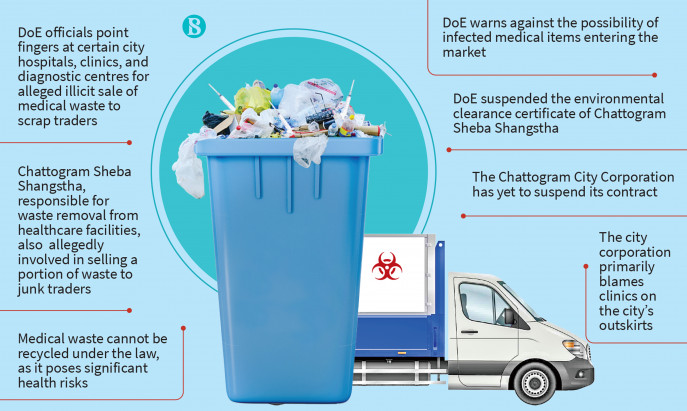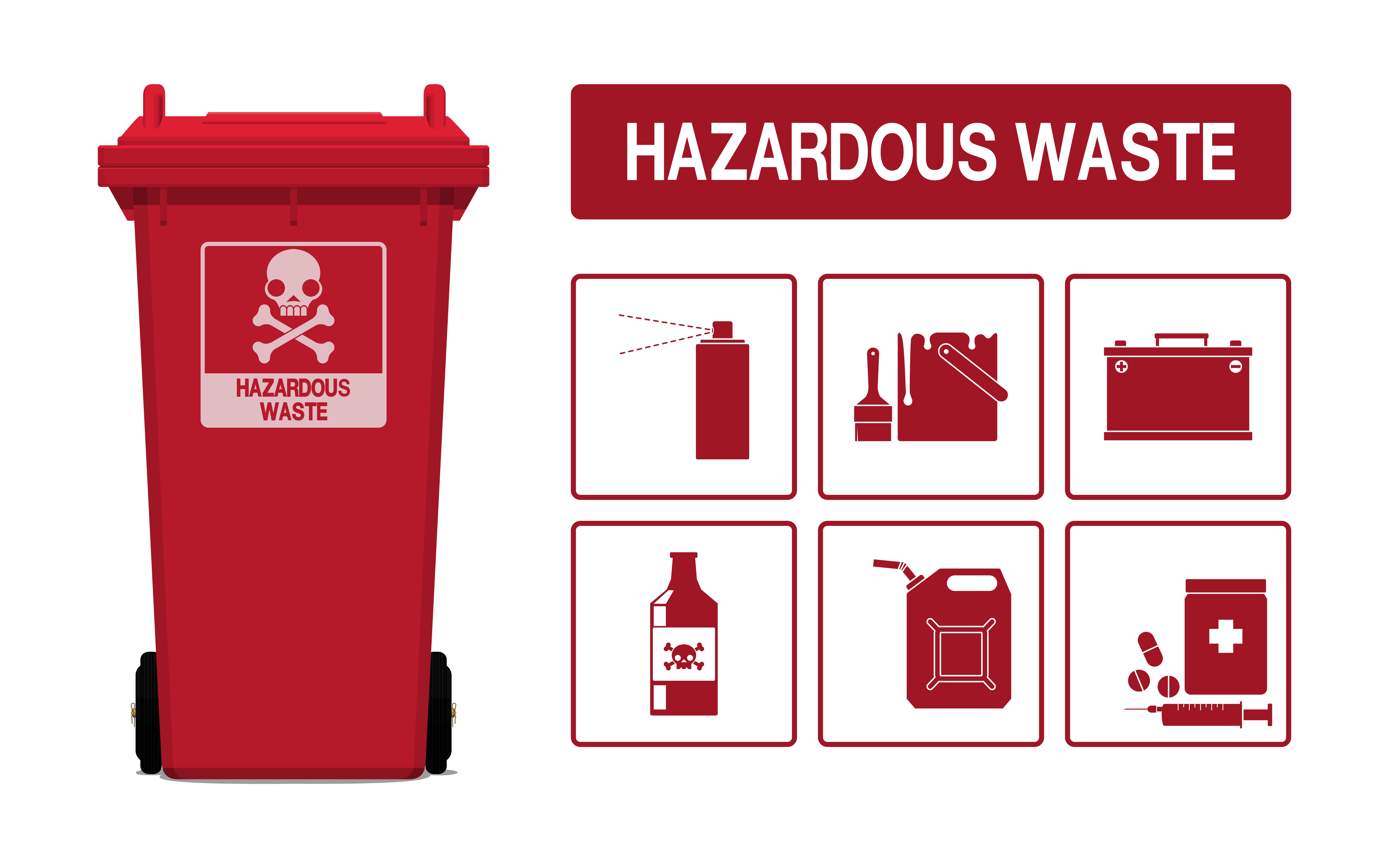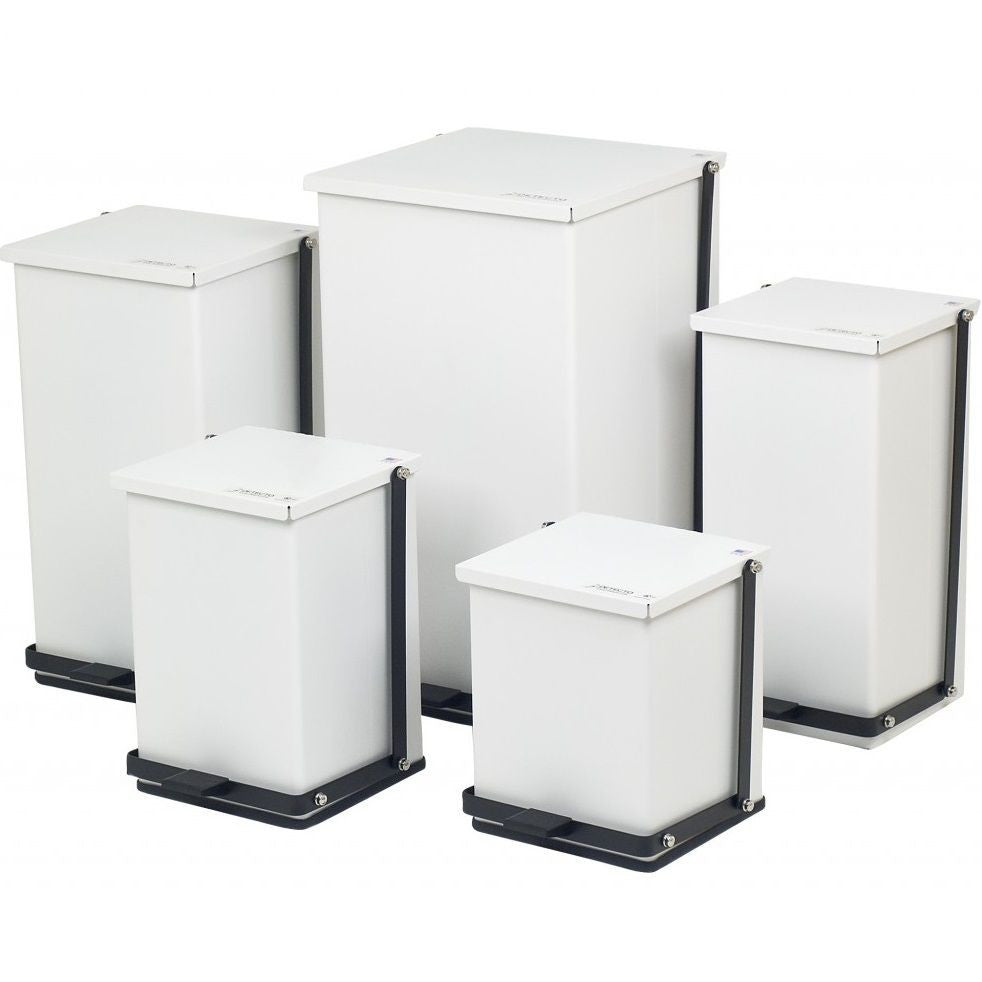Remain Ahead of Rules: Expert Advice on Medical Waste Disposal
In a globe where the healthcare industry is continuously progressing, it is imperative for medical centers to remain ahead of policies when it comes to the appropriate disposal of clinical waste. With rigid guidelines and constant regulative modifications, it can be testing to browse the intricacies of this procedure. With skilled recommendations, centers can guarantee conformity and mitigate threats linked with inappropriate waste disposal. From recognizing the different categories of medical waste to carrying out the appropriate collection and partition methods, this conversation will supply actionable ideas and useful understandings to help facilities stay in advance of regulations in the ever-changing landscape of medical waste disposal.
Recognizing Clinical Waste Categories
Recognizing clinical waste classifications is important for appropriate disposal and management in healthcare facilities. Medical waste describes any waste generated by health care activities that might pose a threat to public health and wellness or the environment. It is crucial to classify medical waste properly to ensure its secure handling, disposal, therapy, and transport.
There are several groups of clinical waste that health care facilities need to be acquainted with. One of the most usual classifications include infectious waste, pathological waste, sharps waste, pharmaceutical waste, and chemical waste. Each classification has particular standards and laws for its correct administration and disposal.
Contagious waste includes products contaminated with blood or various other bodily fluids, such as handwear covers, gowns, and research laboratory societies. Pathological waste describes human tissues, body organs, or body parts that need special delivery and disposal. Sharps waste consists of used needles, syringes, and various other sharp things that can create injury and transmit infections. Drug waste consists of expired, extra, or polluted medicines that need cautious handling and disposal. Last but not least, chemical waste consists of solvents, disinfectants, and various other chemical materials used in health care centers.
Staying Up-To-Date With Regulatory Adjustments
Remaining present with regulative modifications is essential for health care centers to make certain conformity and appropriate administration of medical waste disposal. medical waste removal service. With policies continuously evolving, it is crucial for medical care facilities to remain updated to prevent charges, penalties, and possible injury to the setting and public wellness
To remain in advance of regulative changes, healthcare centers ought to establish a system for tracking and monitoring updates. This can be done by signing up for regulative newsletters, participating in workshops and seminars, and proactively taking part in industry associations. In addition, centers need to designate an employee or team accountable for staying informed and disseminating info to appropriate stakeholders.
Normal interaction with governing companies is likewise essential. Health care centers must establish relationships with regional, state, and federal agencies to ensure they recognize any type of modifications in laws that might impact their waste monitoring practices. This can be done with normal meetings, participation in public remark durations, and aggressive interaction with regulative companies.
Moreover, medical care facilities should take into consideration partnering with waste monitoring companies that specialize in clinical waste disposal (medical waste disposal services with WasteX). These companies are commonly fluent in the most recent laws and can provide guidance and support to ensure compliance
Implementing Appropriate Collection and Segregation Techniques
To efficiently handle clinical garbage disposal, healthcare centers must develop appropriate collection and partition approaches according to governing guidelines. Applying these techniques makes sure the secure handling and disposal of possibly dangerous materials, secures the environment, and minimizes the risk of infections and injuries to healthcare workers and the public.
Proper collection and partition techniques include making use of marked containers and labeling systems. Healthcare facilities must supply clearly classified containers for various sorts of medical waste, such as sharps, contagious waste, pharmaceutical waste, and non-hazardous waste. These containers need to be color-coded and plainly marked to prevent complication and promote very easy identification.
Additionally, medical care facilities should train their personnel on the right procedures for collecting and segregating medical waste. This consists of enlightening them on the various sorts of waste, the ideal containers to make use of, and the significance of complying with standards Check This Out and regulations. Regular training sessions and refresher course programs should be performed to guarantee that employee remain up-to-date on ideal methods.
Additionally, health care facilities must establish a system for regular collection and disposal of clinical waste. This might involve partnering with licensed waste administration companies that concentrate on clinical garbage disposal. These firms will certainly guarantee that the accumulated waste is transported and dealt with in conformity with governing demands.
Selecting the Right Disposal Approaches

Incineration is among the most effective and typical techniques for getting rid of certain sorts of clinical waste, such as pathological waste and sharps. It includes the regulated burning of waste at high temperature levels, minimizing it to ash. Incineration can launch harmful contaminants into the air and add to air contamination.

Chemical treatment involves the usage of chemicals to counteract the waste and decontaminate. Microwave therapy utilizes microwave energy to warm and disinfect the waste.
Making Sure Conformity Through Documents and Training
After very carefully considering the suitable disposal approaches for clinical waste, healthcare centers must make certain compliance with policies and decrease environmental effect by implementing efficient documentation and training treatments. This action is you can check here important in maintaining a secure and sustainable atmosphere for both medical care employees and the public.

Training is just as crucial in making sure compliance with guidelines. Health care employees that take care of clinical waste should receive proper training on waste partition, taking care of, and disposal procedures. This training ought to cover topics such as the proper usage of personal safety equipment, identification of different kinds of waste, and the proper disposal methods for every waste group. By giving thorough training, healthcare centers can equip their personnel to make informed choices and minimize the risk of improper garbage disposal.
Conclusion
To conclude, staying in advance of guidelines in clinical garbage disposal is crucial for health care facilities. medical waste removal services. Recognizing the various categories of medical waste, remaining updated with regulative modifications, executing appropriate collection and partition techniques, selecting the ideal disposal methods, and ensuring conformity with documentation and training are all vital steps. By complying with these standards, healthcare organizations can effectively take care of and dispose of clinical waste in a liable and safe manner
From understanding the various classifications of medical waste to executing the appropriate collection and segregation approaches, this conversation will offer important understandings and workable ideas to help facilities stay ahead of guidelines in the ever-changing landscape of clinical waste disposal. - medical waste disposal services with WasteX
The most common categories include infectious waste, pathological waste, sharps waste, pharmaceutical waste, and chemical waste. Health care facilities need to offer plainly identified containers for various kinds you can check here of medical waste, such as sharps, contagious waste, pharmaceutical waste, and non-hazardous waste. Health care facilities must develop a comprehensive system to tape-record and track all facets of medical waste disposal, consisting of types of waste created, quantities, and disposal techniques made use of. Healthcare workers who take care of medical waste ought to obtain appropriate training on waste partition, taking care of, and disposal treatments.